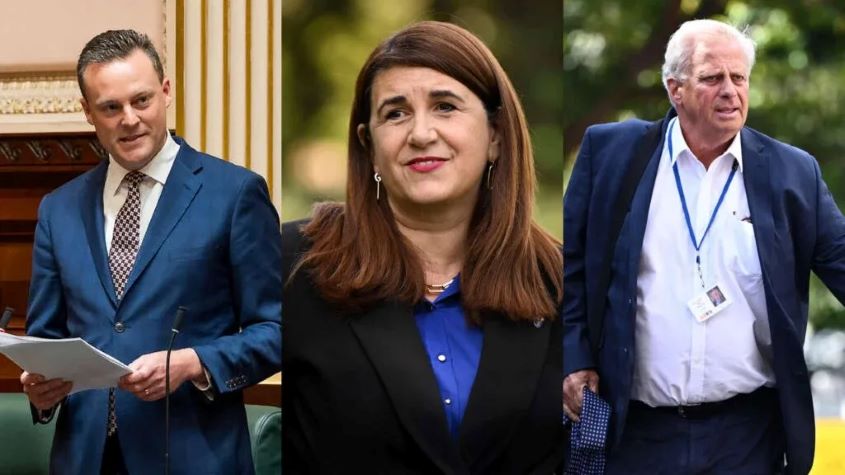Australian lawmakers commended for recognizing Sayfo Genocide of 1915, Medz Yeghern, and Pontic Greek Genocide
MELBOURNE, Australia — In a historic session earlier this week, three members of Victoria’s Parliament—Chris Crewther, Ann-Marie Hermans, and Kim Wells—formally acknowledged the 1915 atrocities committed by Ottoman authorities and allied Kurdish tribes against Armenians, Syriacs (Arameans-Assyrians-Chaldeans), and Greeks. The acknowledgment, made during heated debates in parliament, marks a significant milestone in the long campaign for truth and historical justice. The move came on the heels of a recent recognition by the Sydney municipality of Parramatta, underscoring a growing nationwide momentum that sees civil society groups and parliamentarians alike challenging long-held historical omissions.
The session was notably buoyed by strong support from the Pontian Federation of Australia, an organization that has been at the forefront of calling for official recognition of these genocides. In an emotional statement, the Federation’s spokesperson remarked, “After years of relentless advocacy and meticulous coordination with political leaders and community representatives, our voice now resonates within the hallowed corridors of parliament. This acknowledgment is more than a symbolic act—it is a healing balm for communities still scarred by past atrocities.” The Federation stressed that recognition is not only about setting the historical record straight but also about paving the way for a future wherein the memories of survivors and their descendants are honored and preserved.
Detailed reports from news agencies have further illuminated the broader impact of this parliamentary acknowledgment. According to The Greek Herald, this session is part of a wider campaign led by the Joint Justice Initiative, which last year secured the backing of 19 Federal Parliamentarians with an Affirmation of Support Document calling for official recognition of the genocides. This initiative has seen growing support, with a total of 47 representatives—including prominent members in both the House of Representatives and the Senate—endorsing the call for national recognition. Such developments, the reports suggest, are reflective of a broader societal commitment to reconciling with the past and ensuring that the memory of these tragedies is enshrined in public discourse.
The parliamentary acknowledgment is being hailed by advocates as a critical step—one that not only corrects a historical oversight but also serves as a catalyst for further legislative and societal measures. While critics argue that symbolic recognition alone cannot repair generations of suffering, supporters contend that it lays the essential groundwork for tangible actions such as educational reforms and commemorative initiatives. As communities continue to press for justice and accountability, this move is seen as an important marker in Australia’s evolving national narrative, one that brings into focus the need to address the painful chapters of history openly and comprehensively.
Looking ahead, questions remain about how this acknowledgment might translate into concrete policy changes at both the state and federal levels. However, for many, the recognition of these historical crimes offers a long-overdue validation of their collective memory—a small yet significant victory in the ongoing struggle for reconciliation and justice.



























